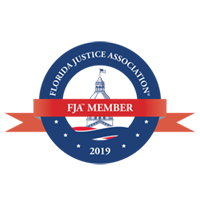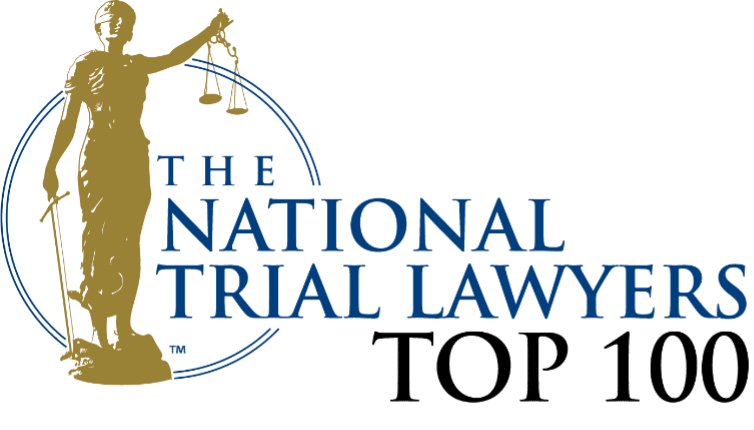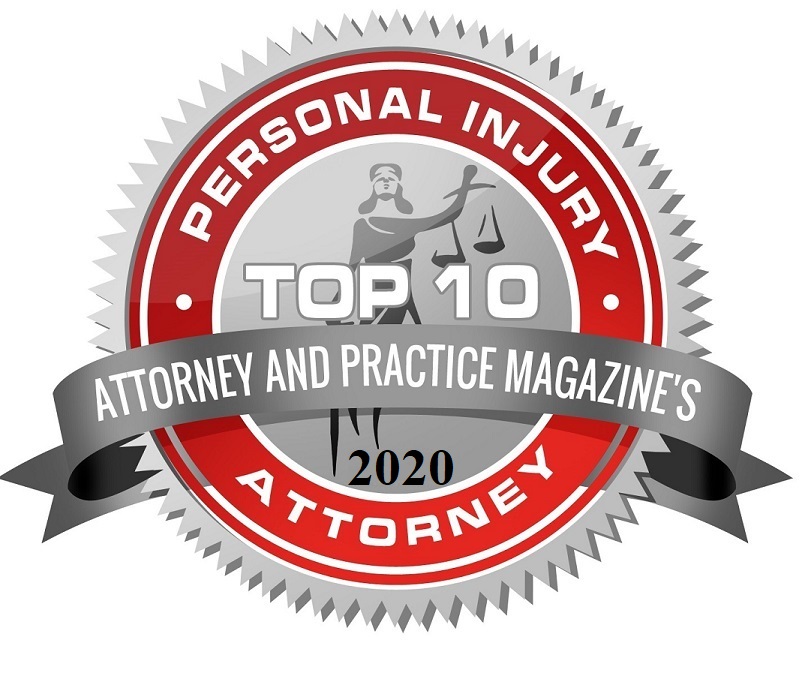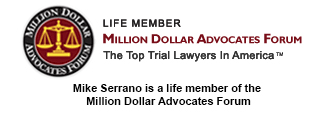Understanding premises liability in Florida is crucial for both property owners and visitors. Premises liability refers to the responsibility that property owners and occupants have to ensure their premises are safe for visitors. This area of law can be complex, with various factors influencing the outcome of a premises liability case. Whether you are a property owner seeking to understand your obligations or an individual who has been injured on someone else’s property, gaining a comprehensive understanding of Florida’s premises liability laws is essential.






The Basis of Premises Liability in Florida
Premises liability in Florida is built upon the legal principle that property owners must maintain their premises in a reasonably safe condition. If a property owner fails to do so and a visitor is injured as a result, the owner can be held liable for the visitor’s injuries. The foundation of any premises liability claim is negligence. To succeed in a premises liability case, the injured party must prove that the property owner was negligent in maintaining the property, and this negligence directly caused the injury.
Types of Visitors and Their Rights
In Florida, the duty of care a property owner owes to a visitor depends on the visitor’s classification. There are three primary classifications of visitors: invitees, licensees, and trespassers. Each classification carries different levels of duty and protection under the law.
Invitees are individuals who enter the property for the benefit of the property owner or for mutual benefit. This includes customers in a store or guests at a hotel. Property owners owe the highest duty of care to invitees, which includes regularly inspecting the property for hazards, addressing any potential dangers promptly, and warning invitees of any known hazards that may not be immediately apparent.
Licensees enter the property for their own purposes or as social guests. Property owners owe licensees a lesser duty of care compared to invitees. They must warn licensees of any known dangers that are not obvious. However, they are not required to inspect the property for unknown hazards or to make the property safe for licensees.
Trespassers are individuals who enter the property without permission. Property owners owe the least duty of care to trespassers. Generally, they are only required to avoid willful and wanton harm. However, if the property owner knows or should know that trespassers frequently enter their property, they may have a duty to warn of known dangers or take reasonable steps to prevent harm.
Common Types of Premises Liability Cases
Premises liability cases in Florida can arise from various situations. Some of the most common types include slip and fall accidents, inadequate maintenance, inadequate security, dog bites, swimming pool accidents, and amusement park injuries. Each type of case involves unique considerations and legal challenges.
Slip and fall accidents are among the most common premises liability claims. These incidents often occur due to wet floors, uneven surfaces, poor lighting, or obstacles left in walkways. To establish liability, the injured party must prove that the property owner knew or should have known about the dangerous condition and failed to take appropriate action.
Inadequate maintenance cases involve injuries resulting from poorly maintained property. This can include broken stairs, malfunctioning elevators, or unaddressed building code violations. Property owners have a responsibility to ensure their property is maintained in a safe condition and to repair any hazards promptly.
Inadequate security cases arise when a person is injured due to criminal activity on the property. Property owners, especially those in high-crime areas or those who operate businesses that attract large numbers of people, may be required to implement reasonable security measures. Failure to provide adequate lighting, security personnel, or surveillance can result in liability if someone is harmed.
Dog bite cases fall under premises liability if the incident occurs on the property owner’s premises. Florida law holds dog owners strictly liable for injuries caused by their dogs, regardless of the dog’s previous behavior or the owner’s knowledge of its aggressive tendencies. This means that if a person is bitten by a dog on someone else’s property, the owner can be held liable for the injuries.
Swimming pool accidents can lead to premises liability claims if the property owner fails to maintain the pool area safely. This includes providing adequate fencing to prevent unsupervised access, ensuring the pool area is free of hazards, and providing proper supervision if the pool is open to the public.
Amusement park injuries often involve complex premises liability issues due to the nature of the activities and the large number of visitors. Park operators must ensure that rides and attractions are safe, properly maintained, and that guests are adequately warned of potential risks.
Proving Negligence in Premises Liability Cases
To succeed in a premises liability case, the injured party must establish that the property owner was negligent. This involves proving several elements: duty of care, breach of duty, causation, and damages. The injured party must show that the property owner owed them a duty of care, breached that duty by failing to maintain the property safely, that this breach directly caused their injury, and that they suffered damages as a result.
In many premises liability cases, the concept of comparative negligence may also come into play. Florida follows a comparative negligence rule, which means that if the injured party is found to be partially at fault for their injuries, their compensation may be reduced by their percentage of fault. For example, if a person slips and falls because they were not paying attention while walking, and it is determined they are 20 percent at fault, their compensation will be reduced by 20 percent.
Choosing The Right Personal Injury Attorney Personal Injury Settlement TimelineRelated Videos
Defenses in Premises Liability Cases
Property owners have several potential defenses in premises liability cases. One common defense is arguing that the injured party was trespassing at the time of the incident and therefore the property owner owed them only a minimal duty of care. Another defense is that the hazardous condition was open and obvious, meaning that a reasonable person would have noticed and avoided it. Property owners may also argue that they took reasonable steps to address the hazard or that the injured party’s own negligence contributed to their injuries.
Statute of Limitations for Premises Liability Claims
Premises liability claims are subject to a statute of limitations, which is the time limit within which a lawsuit must be filed. In Florida, the injured party generally has two years from the date of the injury to file a claim. However, there are exceptions that can shorten or extend this timeframe — such as cases involving government entities or minors. It is crucial to be aware of these time limits to ensure your claim is filed promptly.
Seeking Legal Assistance
Navigating the complexities of premises liability law in Florida can be challenging, especially when dealing with the aftermath of an injury. Consulting with a knowledgeable attorney can help you understand your rights, evaluate the strength of your case, and guide you through the legal process. An attorney can assist in gathering evidence, negotiating with insurance companies, and representing your interests in court if necessary.
If you or a loved one has been injured on someone else’s property, it is important to seek legal assistance to protect your rights and pursue the compensation you deserve. At Serrano Law, our dedicated team is here to help you navigate the complexities of premises liability law in Florida. We understand the challenges you face and are committed to providing compassionate and effective legal representation. Contact us today to schedule a consultation and take the first step towards securing the justice and compensation you deserve.



